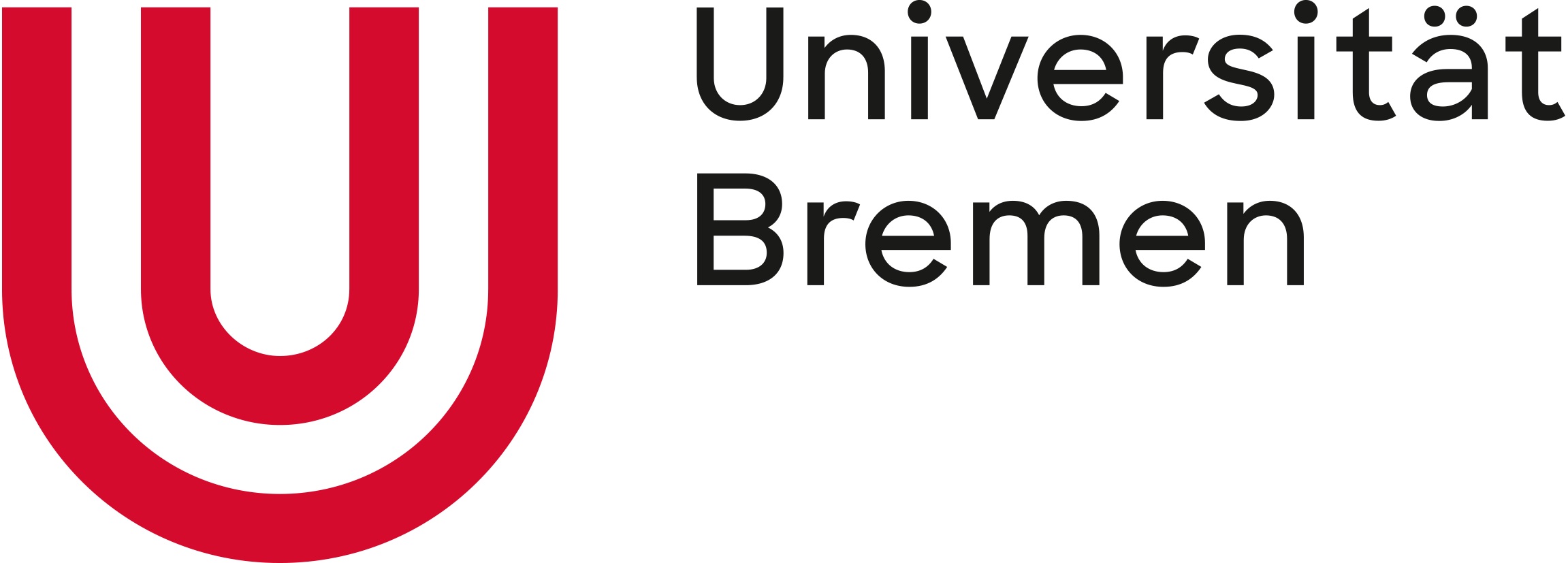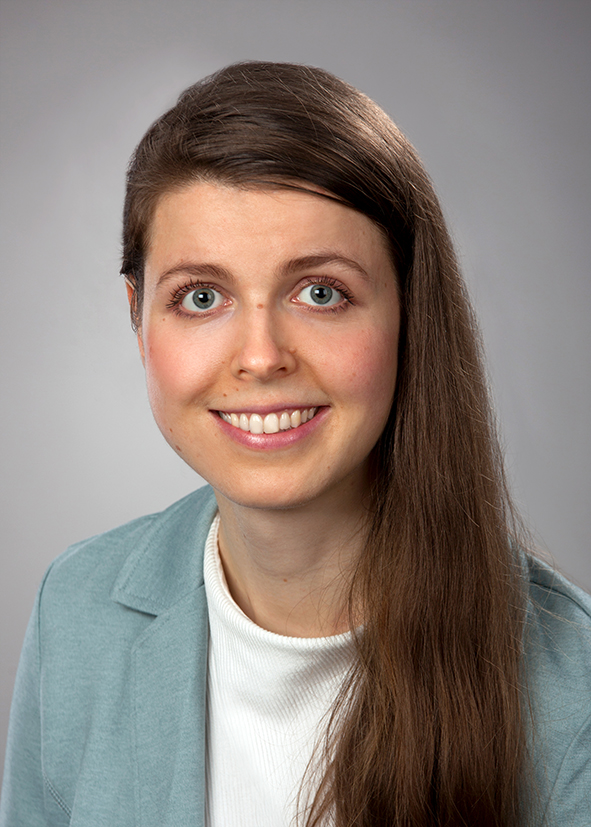PROTA
Near-process characterization of temperature field and ablation changes during laser chemical machining


Compared to other micromachining processes, like micro milling, laser chemical machining (LCM) can achieve a higher removal quality with respect to shape accuracy at acute edge angles and small edge radii. However, the production speed of LCM is lower, in particular because the removal rate is limited to avoid obstructive boiling bubbles.
PROTA aims to increase the process understanding of LCM in order to use fluidic irradiation variations to minimize the influence of boiling bubbles on the removal quality. The process modeling will for the first time take the bubble influence into account, in particular with the aid of near-process measurements of the workpiece surface temperature, the boiling bubbles and the workpiece geometry in the removal zone. Due to the complexity of laser chemical machining with respect to its manufacturing environment, a suitable in-process measurement technique is essential for improved process understanding and modeling.
Confocal fluorescence microscopy is shown to be suitable for microgeometry measurements in liquids if a model-based signal processing approach is used. However, the laser-induced surface temperature, which fundamentally affects the material removal result, has not been able to be measured in situ to date. PROTA will combine the confocal geometric measurement using a fluorescent liquid with a fluorescence-based temperature measurement in order to facilitate enhanced process modeling. The approach is based on the determination of the fluorescence lifetime, which depends on the temperature of the fluorophore that will enable determination of the spatial temperature distribution during manufacturing.
| Runtime: | 01.05.2021-30.04.2024 |
| Funding authority: | DFG - German Research Foundation |
| Funding ID: | 451385285 |
| Partner: |


